Why Do Diesel Engines Produce So Much Torque?

It’s not a secret that diesel engines consistently produce higher torque outputs than petrol engines. The difference between horsepower and torque is also normally much closer in diesel engines (if measured in lb ft), so how do they create all this extra grunt compared to petrol?
High compression ratio
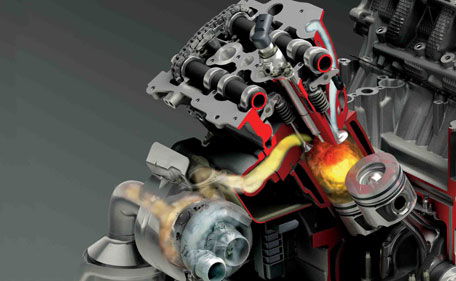
The first reason is a much higher compression ratio. This is the ratio of the maximum and minimum volume in the cylinder of an engine. It’s made larger in a diesel engine due to a longer stroke, meaning the piston is moving up and down a larger internal volume of cylinder. Diesel engines never rev as high as petrol engines due to the fact that the piston has to travel further for its full rotation, while a petrol engine uses its shorter stroke to move the piston in quicker bursts, meaning the engine speed can be faster.
Higher calorific value
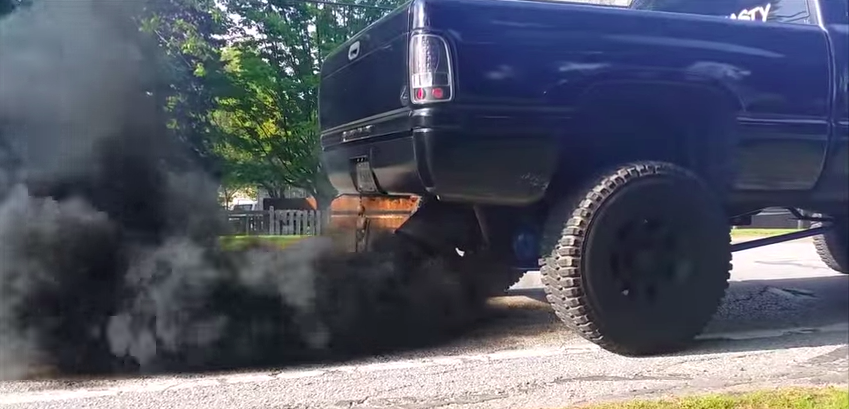
Another influence on torque output is the pressure exerted on the piston from the combusted fuel. Diesel (45500kJ/kg) has a slightly lower calorific value than petrol (45800kJ/kg) which means that more heat is actually contained within petrol for a given volume than diesel. However, diesel is much denser than petrol and can store up to 15 per cent more energy per given volume. This means that each time diesel is combusted, more energy is transferred through to pressure on the piston, increasing the amount of torque acting through the crankshaft.
Higher boost
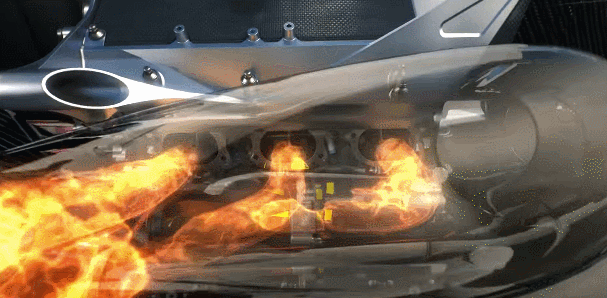
Many diesel engines are also turbocharged to make up for the lack of out-and-out horsepower and engine speed. This then creates a higher pressure within the cylinder for the power stroke, which in turn creates an increase in torque. In comparison to turbochargers on gasoline engines, diesel turbos are generally setup to a much higher boost pressure, which reduces pumping losses during the intake stroke of the engine, allowing the engine to become more efficient in its conversion of energy through to the crankshaft.
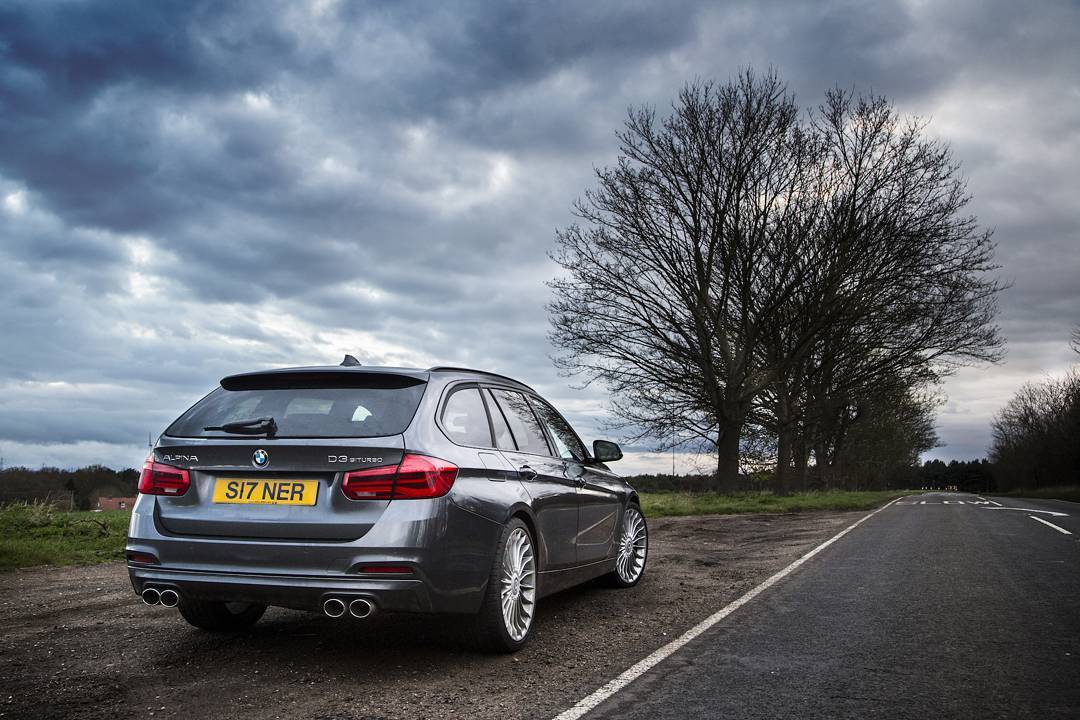
The main thing to take from all this is that horsepower is definitely not the be-all and end-all, but it certainly has its uses. A petrol-powered racing engine can produce little torque but the sheer rev range can mean a high horsepower figure. On the other hand, a low revving diesel engine will always struggle to reach the same value in horsepower but can capitalise on the torque gains. This is why you never find diesel engines in any supercars or hypercars; if you have two engines making the same amount of torque but one of them is managing to rotate the crankshaft faster and therefore creating more power, you’d side with that one.
You must remember that diesel engines in their first instance were developed to rival the steam engine; engines designed to move very heavy loads, making high torque and constant speed essential. Gasoline engines on the other hand were developed for functions where high power-to-weight ratios were needed (early aircraft and motorbikes) and thus produce that fast-revving characteristic that most petrolheads crave over a torquey diesel.
The way to look at diesels is using an analogy like loading up your boot with something: let’s go with paving slabs. Petrol power is like carrying each single paving slab as quickly as possible, while a diesel engine is more like slowly moving four slabs at a time. The diesel engine is doing more work per engine revolution.
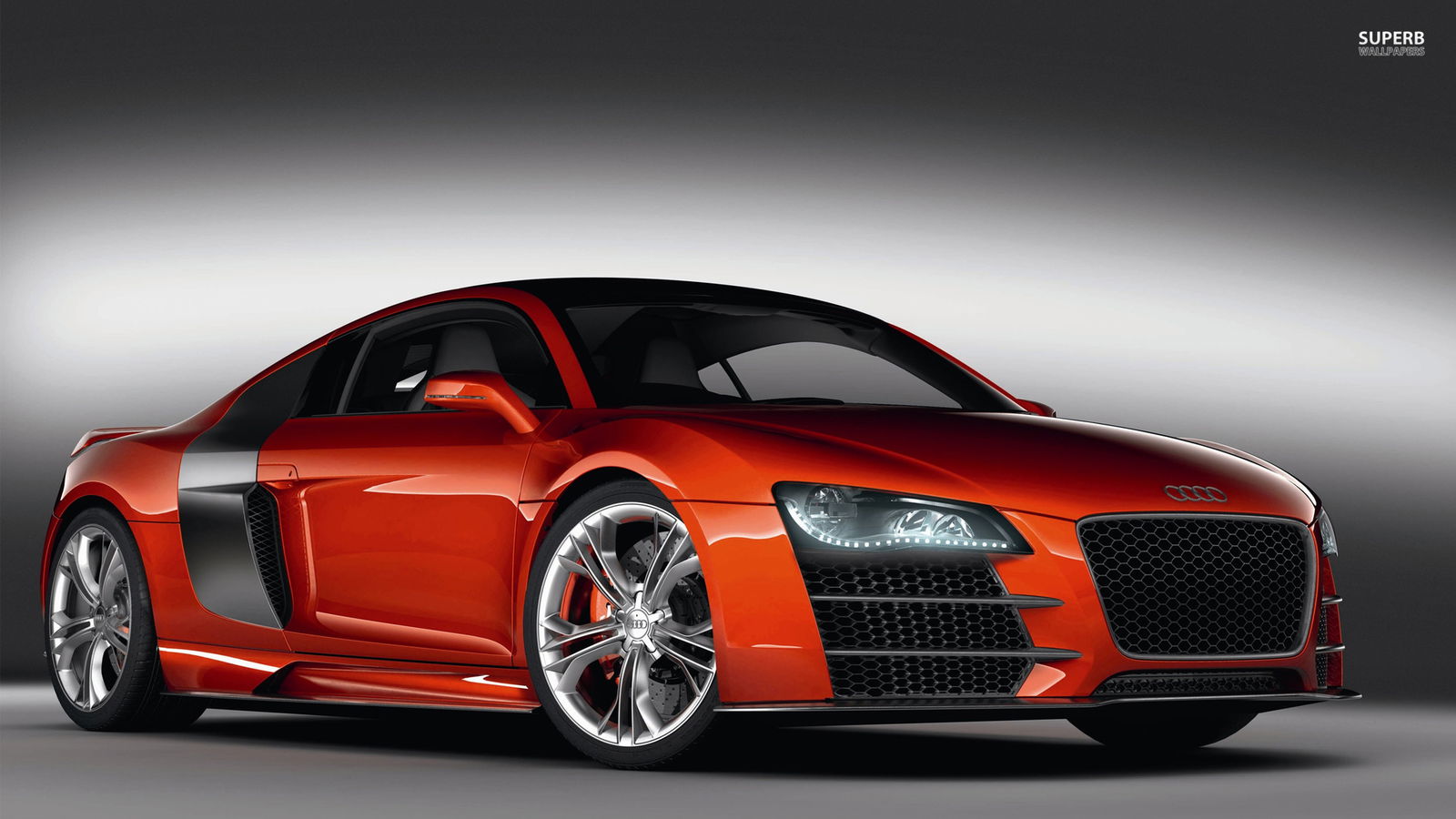
High performance diesels are also most certainly on the up – take Alpina for example. The D3 Bi-Turbo produces 345bhp and (predictably) 516lb ft of torque resulting in a 4.6sec 0-62mph time. That puts it in the territory of the BMW M2, an impressive achievement for a big, oil-burning estate. And who can forget Audi’s road-going R8 V12 TDI from 2008, which managed a top speed of 202mph through the extensive development of the company’s R18 Le Mans racers. Diesel power can therefore be effectively utilised for performance machinery, but the shift from petrol has yet to happen, thanks in part to the sudden rise in hybridisation and various diesel emissions scandals.
You probably won’t see Ferrari or Koenigsegg scrambling to develop diesel powertrains any time soon, but if out-and-out torque is required, rolling coal is the way to go.
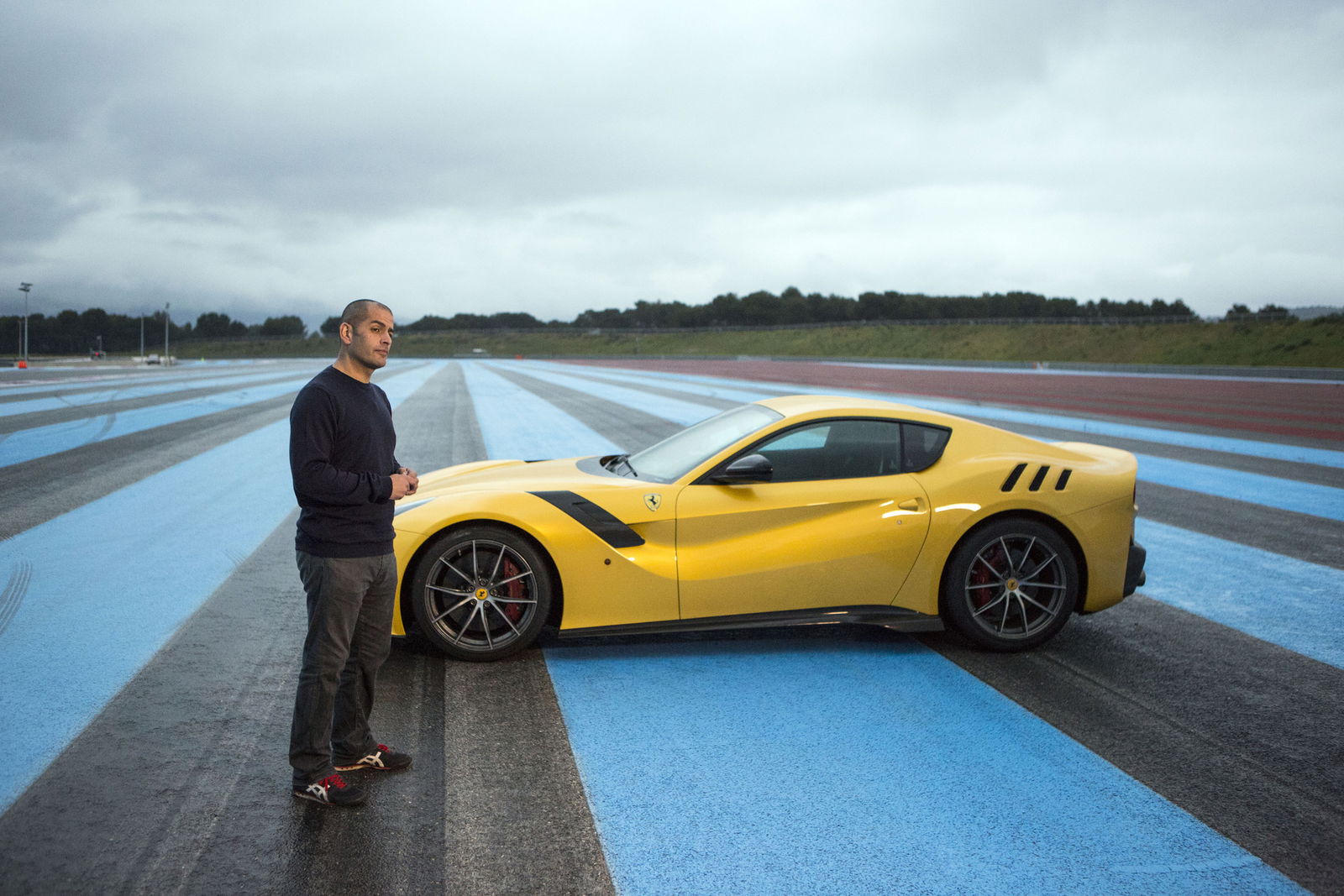
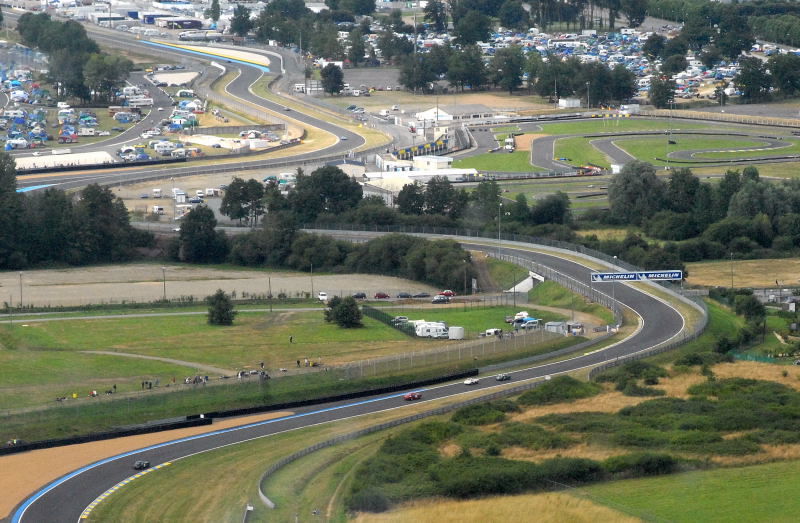




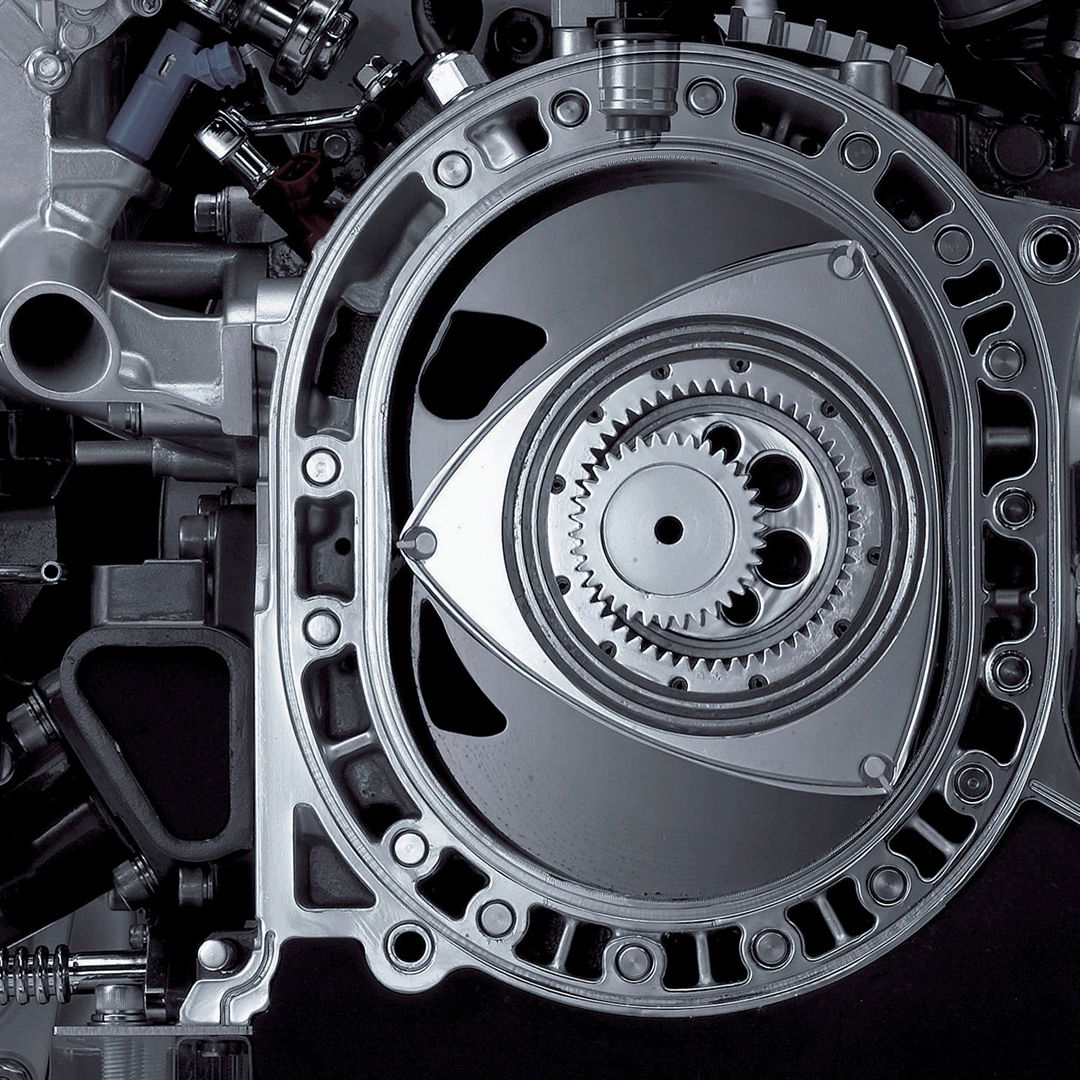

Comments
I drive a vw passat 2.0 cr tdi (136bhp original)
At 195000km the turbo wanted go die suddenly
Just before that my dpf was for some reason “full”
Another shitload of stuff went broke aswell intake and so on
After replacing the turbo (with a 170bhp version) i decided to remove my dpf … and i even went for a straight pipe wich got me after 3700€ 211hp/495nm (safe) it could go up to 254hp but u decided i wanted to run my car longer so i went for a safetuneup
Anyway i really love diesel but my next will be a s3 or something in that range cause my diesel keeps “breaking down” engine code is CBAA and its my 2nd 2L diesel already
My Mazda 6 89 kW (~117 HP) 2.0L diesel has 310 Nm, which is quite remarkable. The torque shove is so addictive around town, but the lack of power really shows on the open road. However, unlike modern cars with their “flat” torque curves, mine at 2000-2100 RPM provides all the torque in the world, but by the time you reach peak power at around 3100-3200 RPM, it feels like you’re not accelerating anymore, because the torque drops off so quickly. Really, I see no point in having the redline at 5000, because it’s so weak up in the rev range and sounds so bad :D It’s a really weird characteristic which takes some getting used to.
The reason Diesels use so high compression is because you don’t need to worry about knocking with diesel fuel. If petrol didn’t start knocking they’d use high compression as well.
You “could” also have high-revving diesel, except that the reason they don’t exist is because diesel burns slower so it’d be useless to even try getting high revs, because the fuel isn’t suited for it. Also you need stronger/heavier parts to withstand high compression, which also limits revs
Enter your comment…
This article is full of crap. All the reasons given for why they produce more torque can be applied to gasoline engines that produce more hp. It’s not so much a question of why diesels produce more torque, but a question as to why they produce less horsepower when compared to gasoline engines. It is simply because the diesel engine, specifically the rotating assembly, must be much heavier to withstand the more extreme pressures produced by the higher energy density, higher compression, and autoignition of the fuel. The heavier the rotating assembly, the lower the redline. And horsepower is torque X rpm. Also longer stroke does not automatically mean higher compression. It is more of a function of the volume of the head. Diesels are usually designed with a longer stroke because they are already going to have a lower redline anyway.
Om606 last a while i heard.
We own a ‘10 Subaru Impreza 2.0TD Sport (with the hood scoop). It’s not the fastest car around, but it pulls insanely smoothly. Only downside is the first owner probably trashed it after having it chiptuned from 150hp/350Nm to 190hp/410Nm, because the clutch was completely gone at 90.000km’s on the clock :(
Hahha alright ! So it also protects the turbo and valves, does it also protect the oxygen sensors or are they able to face these high temperatures ?
Problem is with small engines. I know i will sound like an American, but you can’t make small engine with a big power and reliable. Same goes with Diesel and same goes with Petrol.
There once was a man who told that you can get about 100bhp out of a 1 liter of engine capacity.
Honda proved that with petrol a long time ago. Audi did that with Diesels In about 2000’s. More than that and your engine won’t be reliable. That’s just what it is. Yeah, they may work for 200-300k km, but that’s nothing. I had cars from 1980’s and 90’ s with 700k km and still runing strong. We won’t be seeing that from 1.0 Ecoboost or 1.4 Diesel.
Nuf said :p
Pagination